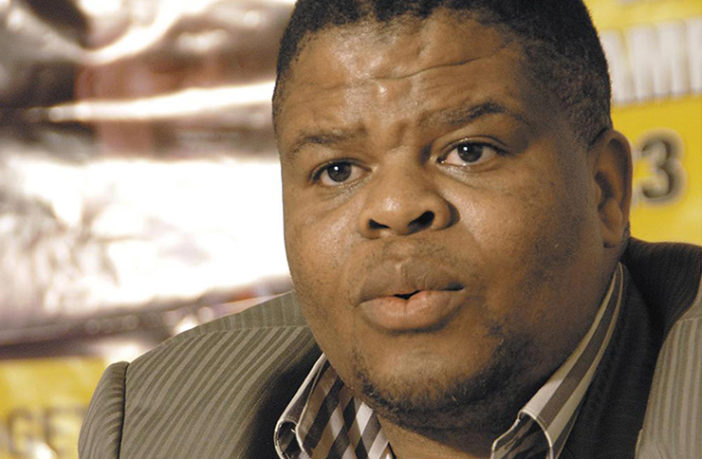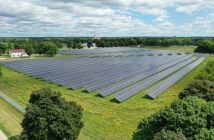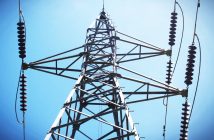South Africa has seen a shift of power in its ruling party, the African National Congress. Cyril Ramaphosa defeated his arch rival Nkosasana Dlamini Zuma by a narrow margin at the ANC elective conference held last month in Johannesburg. Where will the shift in power leave the renewable energy sector?
Mr Ramaphosa has wasted no time starting the clean-up at Eskom, South Africa’s state owned energy utility. The board has been swiftly replaced by a very high powered team of pedigreed and prominent South African business people. These patriots are led by the no nonsense Jabu Mabuza as chair, and the equally competent acting CEO, Phakamani Hadebe. They have wasted no time in cleaning up the rot.
As it stands, the state owned utility is heavily in debt and has the potential to bring the entire country down with it. The move by Ramaphosa will go a long way in convincing lenders that Eskom is set for a turnaround and rest assured, with the pedigree of the incumbent board, do not be surprised if it happens within the next 12 months. Unfortunately it may involve wide scale retrenchments of innocent and loyal staff members.
As yet, Ramaphosa has not played his card regarding the Energy Ministry. The incumbent Minister, Mr David Mahlobo, a staunch Jacob Zuma loyalist, was appointed late October 2017. At the time it was largely speculated that the reason for his appointment was to drive through the nuclear deal with Russia on behalf of Zuma, who is rumoured to be indebted to the Kremlin. Once Zuma falls, Mahlobo is expected to fall with him. Rest assured Ramaphosa will appoint a highly competent person who will put the countries energy’s interests first. Do not be surprise if Mr Nhlanhla Nene, South Africa’s ex Minister of Finance or the likes of him, gets the nod.
So amidst the ongoing shake up in the energy sector, where does the country stand regarding the Renewable Energy Independent Power Producer Program or REIPPP as it is known? We can expect no resolve in the current impasse in finalising rounds 3.5 and 4 in the short term. The program has been in limbo for the past 2 ½ years and the power prices set back then are not relevant now. It is largely speculated that these two rounds will be scrapped and the bidders will be invited to re-bid in a revised Round 5.
The immediate task of the new Eskom Board is ‘clean up’ and that will be their initial focus. The revised Integrated Resource Plan still needs to be finalised. This needs to be completed by the Ministry of Energy which under a competent new minister will deliver a balanced mix of power generation technologies. It may still include nuclear but on a smaller scale and one that is affordable for the country. Only then can we move forward with the REIPPP, however, expect the program to have revised conditions.
These may include 51% black ownership for all projects which could also extend to project land ownership. We can also expect new construction quotas in terms of local labour and materials. Utility scale battery banks are fast becoming cost effective and may also be specified in order to provide network frequency stability and shifting fixed loads to offset peak demand times.
Mr Ramaphosa is a staunch believer in climate change. Independent Power Producers and the people of South Africa can rest assured that the REIPPP will be revived and continue under his leadership. We need to give him some time to deliver a revised plan that has the countries best interests at heart.
Author: Bryan Groenendaal











